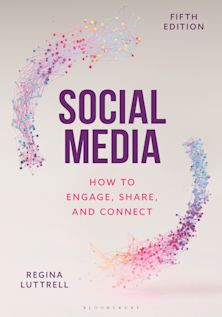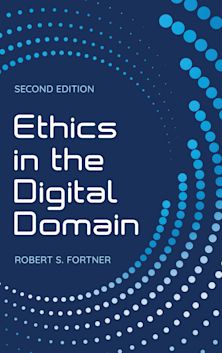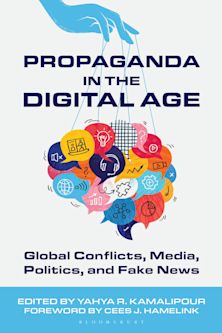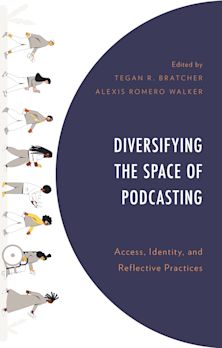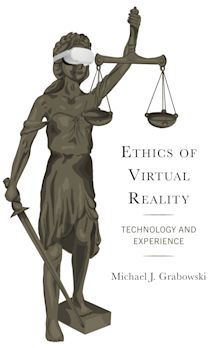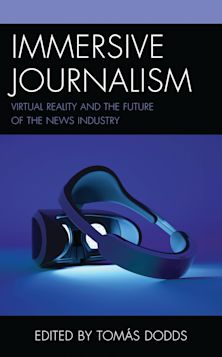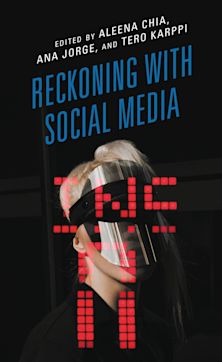- Home
- ACADEMIC
- Communication Studies
- Digital and New Media
- Online Trolling and Its Perpetrators
Online Trolling and Its Perpetrators
Under the Cyberbridge
Online Trolling and Its Perpetrators
Under the Cyberbridge
You must sign in to add this item to your wishlist. Please sign in or create an account
Description
Online trolling and other deviant behaviors have always affected online communities. As online trolling becomes widely spread, myriad questions are raised, including:
Who is a troll and why do trolls troll? What are the enabling factors of online trolling? How do members and administrators of online communities detect, interpret, and react to trolling? How can online trolling be handled effectively? What is the impact of the socio-cultural and technological environments on online trolling?What motivates trolling?
The book answers these questions and includes the following focuses:
Hard-core trolls and light trollsGender, trolling, and anti-social behavior onlinePerception of trollingCollaborative trollingIdeological trollsTrolling around the globe
Table of Contents
List of Tables
Acknowledgements
Chapter 1: Introduction
Chapter 2: What Is Online Trolling?
Chapter 3: What Motivates Online Trolling and Its Perpetrators?
Chapter 4: Online Enabling Factors for Trolling and Deviant Behaviors
Chapter 5: All Trolling Is Not Equal
Chapter 6: Gender and Online Trolling
Chapter 7: Trolling in Context
Chapter 8: Culture and Online Trolling
Chapter 9: Responding to Online Trolls
Chapter 10: Conclusions
References
Index
About the Author
Product details
| Published | 11 Apr 2016 |
|---|---|
| Format | Ebook (Epub & Mobi) |
| Edition | 1st |
| Extent | 216 |
| ISBN | 9781442238510 |
| Imprint | Rowman & Littlefield Publishers |
| Publisher | Bloomsbury Publishing |
About the contributors
Reviews
-
‘Trolling’ is an online interaction that is meant to insult or offend, and is primarily intended to provoke others. In mass media journalism, trolling is purely presented as a social deviance, and specifically as evidence that online interaction has the potential to cultivate the worst in individuals. Online trolls have provoked suicides and even harassed the suffering families after a suicide. Fichman and Sanfilippo provide a nuanced analysis of how trolls and their activities are understood by young adults—emphasizing that trolling is an intentional behavior. Superficially, similar provocations can be experienced as humorous in a social context, but offensive and misleading in an educational context. Trolling can be abusive and distracting, but it can also pointedly challenge social norms and incumbent power. By provocatively twisting the truth, trolling evokes critical thinking. A skilled troll can steer narrowly between humor and offense, so that one cannot be certain that the interaction truly is trolling. The authors’ thorough analysis of trolling and their emphasis on literature review and empirical studies are strengths. . . .Summing Up:Recommended. Upper-division undergraduates and graduates students, especially those in the social and information sciences.
Choice Reviews
-
[T]he authors offer nuanced explanations of the behaviors and motivations associated with trolling, provide numerous case studies to illuminate the practice’s many facets, and present the results of their thoughtful ethnographic research. . . .This text proves to be an excellent resource and a solid contribution to studies of social informatics and online communities through its ethnographic research, with near-exhaustive citation of past scholarship. . . .[The book] offers clear evidence to delineate between trolling and more serious forms of online deviance.
International Journal of Communication












